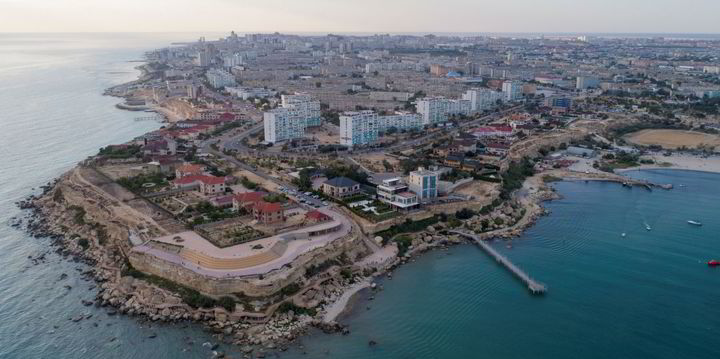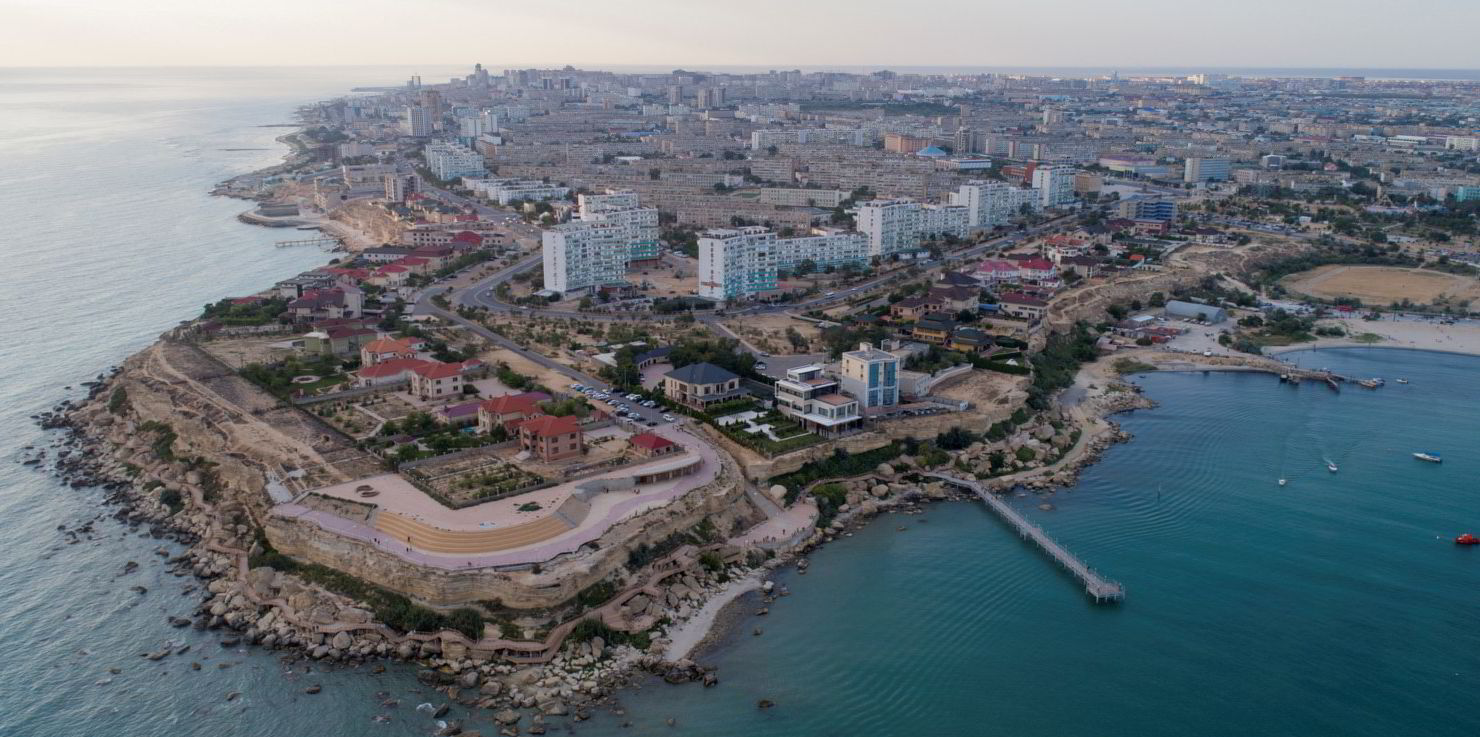A minority shareholder in Kazakhstan’s largest offshore oil and gas development, the Kashagan field, has sent a trial shipment of oil from the project to international markets via an alternative route to avoid transiting Russia.
Kazakh oil pipeline operator KazTransoil in a statement said that Japan’s Inpex had transported about 52,000 barrels of Kashagan oil by rail to the Caspian port of Aktau.
The cargo was then shipped across the Caspian Sea in a Kazakh-owned tanker and unloaded at a terminal near the Azerbaijan capital Baku. From there, oil has been put into rail tanks and rolled into the Baku–Tbilisi–Ceyhan export pipeline heading to Turkey.
Inpex holds a 7.6% stake in Kashagan, which is currently the second largest oil producing asset in Kazakhstan by output.
The shipment has come despite associated higher costs of using different transportation methods compared to the traditional export route for Kashagan, the Caspian Pipeline Consortium.
Caspian Pipeline remains excluded from international sanctions — that Japan also backs — against Russia and its corporations, introduced last year to curb the flow of revenues to the Kremlin to finance its invasion of Ukraine.
Article continues below the advert
On Tuesday, Japanese Prime Minister Fumio Kishida made a surprise trip to the Ukrainian capital of Kyiv to meet with Ukrainian President Volodymyr Zelensky — a day after Chinese leader Xi Jinping arrived to Moscow to meet with Russian President Vladimir Putin.
The Caspian Pipeline, which terminates at a marine terminal near the Russian Black Sea port of Novorossiysk, experienced loading restrictions and shutdowns last year, with repairs of its offshore tanker loading buoys taking longer than planned because of the refusal of Caspian Pipeline’s Western suppliers to deliver spare parts to Russia.
Issues with Caspian Pipeline, which is responsible for more than 70% of Kazakh oil exports, prompted Kazakh authorities to call for foreign and domestic oil operators and state oil and gas holding KazMunayGaz to urgently consider and invest in alternative shipping routes from the country.
Long term commitments sought
Executive director of Kazakh shipper Kazmortransflot Aydar Orzhanov told Astana-based business news portal SK News that Kashagan and other foreign-led developments in 2015 stopped using the port of Aktau to transport their oil to Baku and onwards to Ceyhan following expansion of Caspian Pipeline’s capacity.
Orzhanov said that local producers have kept sending their oil shipments via Aktau to the Russian port of Makhachkala on the Caspian Sea from where they are delivered via a Russian state-owned pipeline to Novorossiysk.
However, he added that two of Kazmortransflot’s three Caspimax-class tankers — capable of reaching the Caspian Sea via a network of Russian river canals — are currently on long-time charter to transport oil from Aktau to Makhachkala, thus limiting the shipping capacity to Baku.
Operators of Kashagan and other major oil developments in Kazakhstan have to come up with long-term shipping commitments for the Aktau–Baku route so Kazmortransflot can order additional Caspimax tankers to ship higher oil volumes across Caspian, Orzhanov said.

